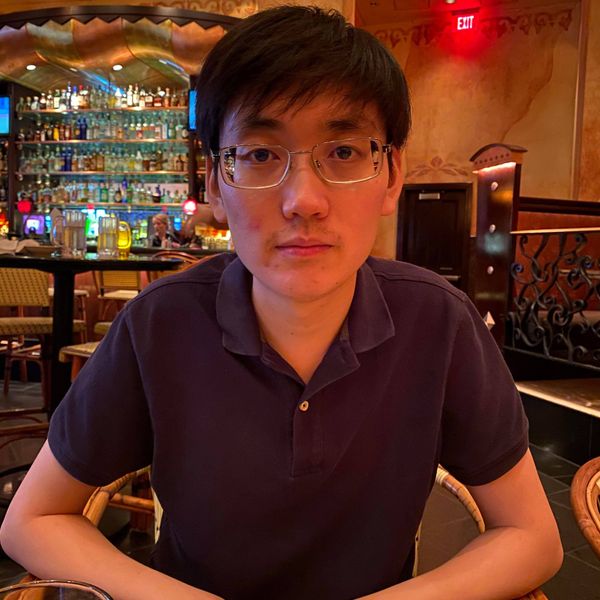
PhD Candidate, Philosophy
Towards a Hybrid Reading of Kant’s Transcendental Idealism
My dissertation project studies the central and most famous philosophical doctrine of Immanuel Kant, namely his transcendental idealism. In the most general terms, transcendental idealism is the doctrine that the things we can possibly experience are all appearances that depend in some way on our experiencing them, and that we can have no cognition of things as they are in themselves. Kant regards this doctrine as capable of completely revolutionizing philosophy and helping us accomplish a range of philosophical tasks that he thinks his predecessors failed to achieve. He claims that if we set sail from transcendental idealism, we can explain how our experience is possible, refute Cartesian skepticism and Berkeleyan idealism, and provide a firm footing to human freedom and morality. Despite its centrality to Kant’s critical system, however, and even after centuries of research and debate, there is still no consensus or even a convergence of opinions among Kant’s readers on what transcendental idealism exactly amounts to. In this dissertation, I make yet another attempt to answer the classical question of the meaning of transcendental idealism. I propose a novel reading of this doctrine that I call the hybrid reading, which stands in between and combines elements from the two major existing interpretive families of transcendental idealism.